Gabrielle Christina Victoria "Gabby" Douglas is one of this year's Olympic darlings.
As a member of the U.S. Women's Gymnastics team Gabby is the first African American gymnast and woman of color, in Olympic history, to win gold medals in the individual all-around and team competitions at the same Olympics.
When she won the gold the blogosphere blew up with a torrent of congratulations. But the blogosphere blew up unexpectedly with a deluge of condemnations, too.
Gabby's hair has been the topic of a tons of e-chatter since she stepped onto the Olympic world stage.
But in typical Gabby fashion, according to USA Today, Douglas simply responded asking, "What is the big deal?”
If Gabby wasn't privy to what the big deal was all about, the condemnations about it--she will quickly learn--lie at one of the roots of the universal denigration of black beauty.
This issue of black women's hair texture is inescapable and continues to dog us women all throughout the African continent and African diaspora -young and old. When a tsunami of criticisms poured in about Gabby’s over-gelled and under-tamed ponytail, and—yes, that very touchy subject for African American women—her nappy edges, it dredges up and fosters the misperception of how could any put-together and accomplished black woman with fleecy-wooly-wild hair be happy being nappy.
“Gabby Douglas needs to tame the beady beads in the back of her hair, ” snipped one Tweeter.
Another outraged Tweeter huffed and wrote, "Jesus be a Hot Comb for Gabby Douglas Hair... Amen!”
While many sisters today might use a hot comb on their hair, hot combs also called straightening combs were around in the 1880's, sold in Sears and Bloomingdales catalogs to a predominantly white female clientele.
Madam C.J. Walker, the first African American millionaire for her inventions of black hair products, didn't invent the hot comb; she popularized its use by remedying the perceived "curse" of nappy hair with her hair- straightening products that continue, to this day, to bring comfort to many black women.
If Gabby, from time-to-time, uses any revised versions of Walkers products, her focus when she stepped out onto the Olympic world stage, was on winning the gold.
“I just simply gelled it back, put some clips in it and put it in a bun. Are you kidding me? I just made history. And you're focusing on my hair? ” Douglas told USA Today.
The word “nappy" is the other n-word in the African American community.
While the etymology of the work “nappy” derives from Britain and means a baby’s cotton napkin or diaper, in America, the word became racialized to mean unkempt, wild and wooly hair associated with people of African descent. Used to demean and to degrade African Americans, the word “nappy-headed” is a loaded word.
However, depending on the users’ tone, tenor and intent, the word can be received as a compliment. But when it is not, as in Gabby's case, the word is unquestionably a put-down. And hearing the word used pejoratively stokes both the historical flames of American racism and the shame and stigma African American women have borne for centuries about their hair.
Sadly, much of the public criticism about Gabby's hair texture is coming from us African Americans, a mark of internalized self-loathing.
But even with good intentions the landmine can be detonated. In 1998, Ruth Ann Sherman, a white third grade teacher, who taught in a predominately African American and Latino elementary school in Brooklyn, learned that lesson when she read African American author Carolivia Herron’s award winning children’s book Nappy Hair, which celebrates black hair.
And lets not forget Sesame Street's controversial song "I Love My Hair," a remix of "Whip My Hair" sung by Willow Smith, daughter of actors Will and Jada Pinkett Smith. Intended to promote self-pride, the song received mixed reviews within the African American community with some critiquing it as a black accommodationist version of white girls flinging their tresses.
Renowned African American feminist author Alice Walker spoke about the constraints of hair and beauty ideals in African American culture. In her address “Oppressed Hair Puts a Ceiling on the Brain," which she delivered at the all-women's historically black college Spelman in Atlanta in April 1987 Walker stated the following:
"I am going to talk to you about hair. Don't give a thought to the state of yours at the moment. This is not an appraisal.... it occurred to me that in my physical self there remained one last barrier to my spiritual liberation: my hair.... I realized I have never been given the opportunity to appreciate my hair for it true self... Eventually, I knew precisely what hair wanted: it wanted to grow, to be itself... to be left alone by anyone, including me, who did not love it as it was.”
While many African American women today wear their hair in afros, cornrows, locks, braids, Senegalese twists, wraps or bald, our hair -both symbolically and literally- continues to be a battlefield in this country’s politics of hair and beauty aesthetics within and outside of the African American community.
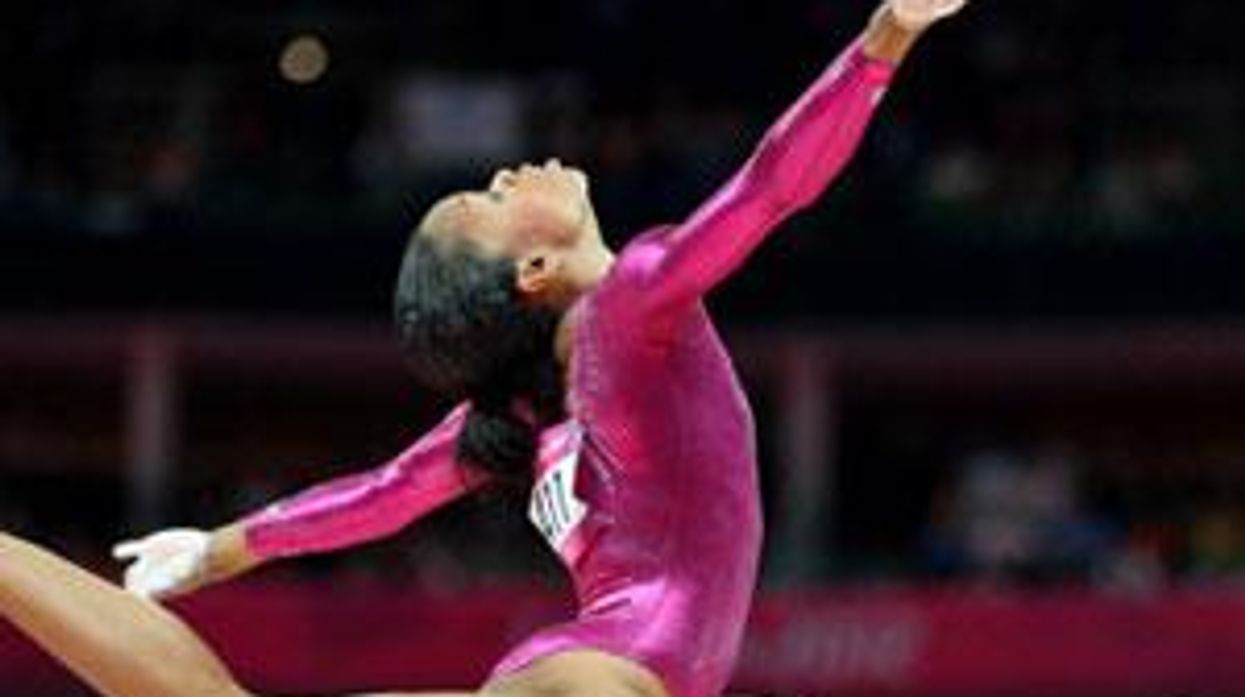

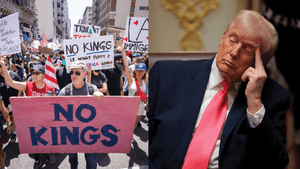






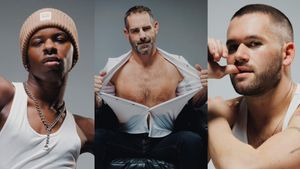


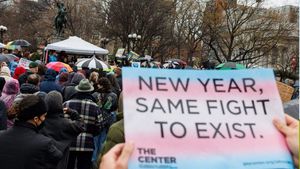
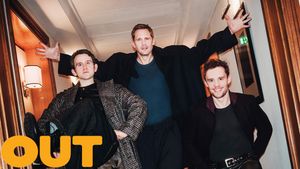

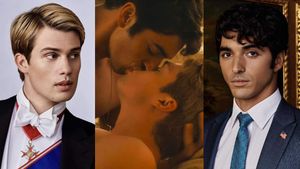
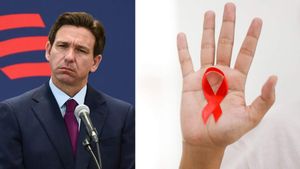

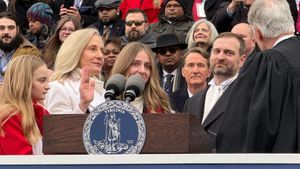

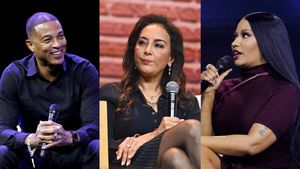
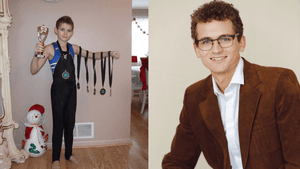


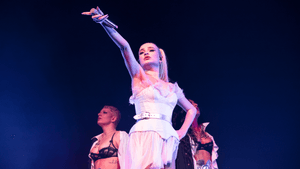





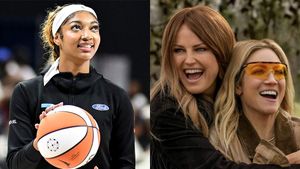




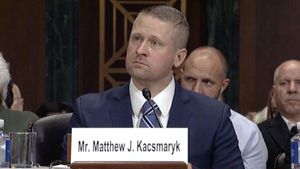
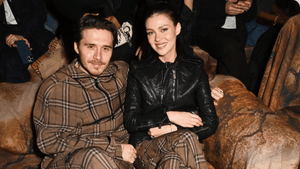










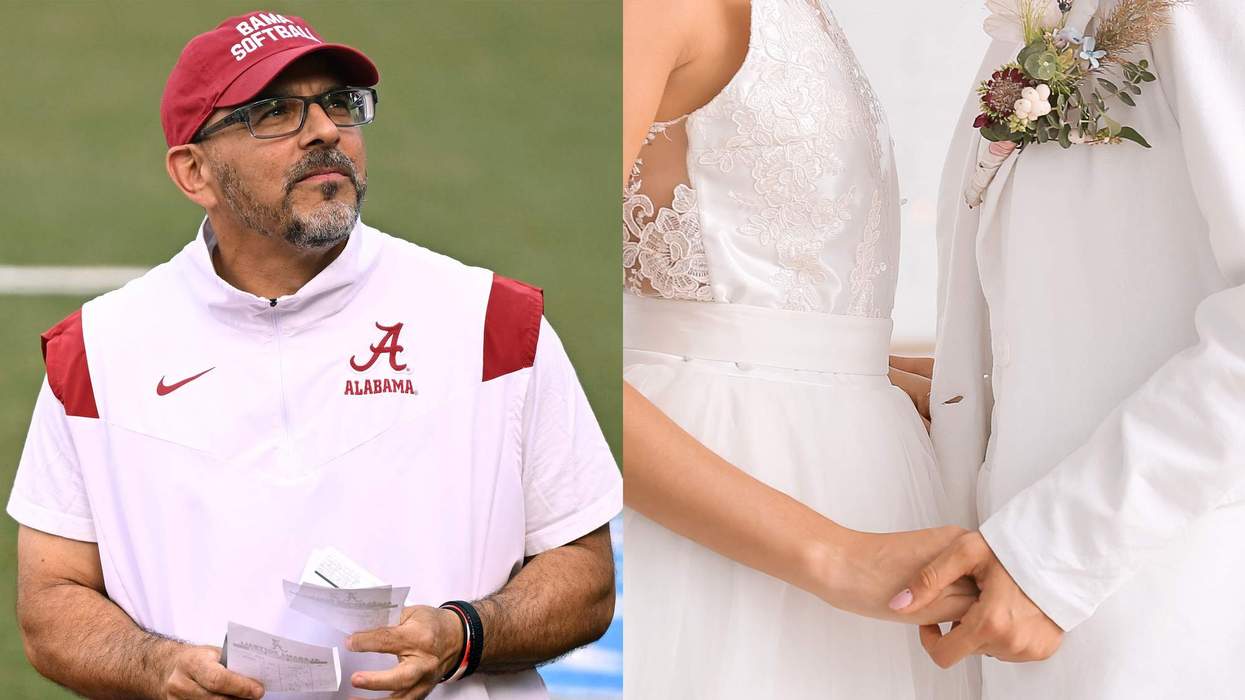
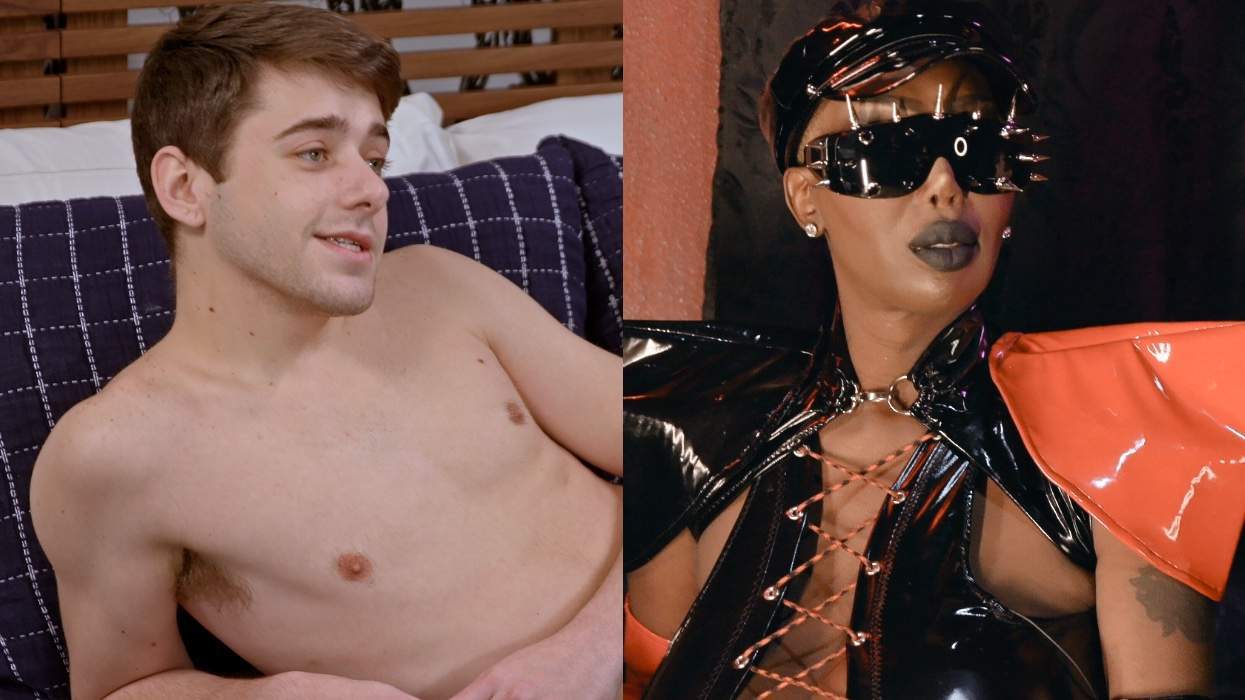
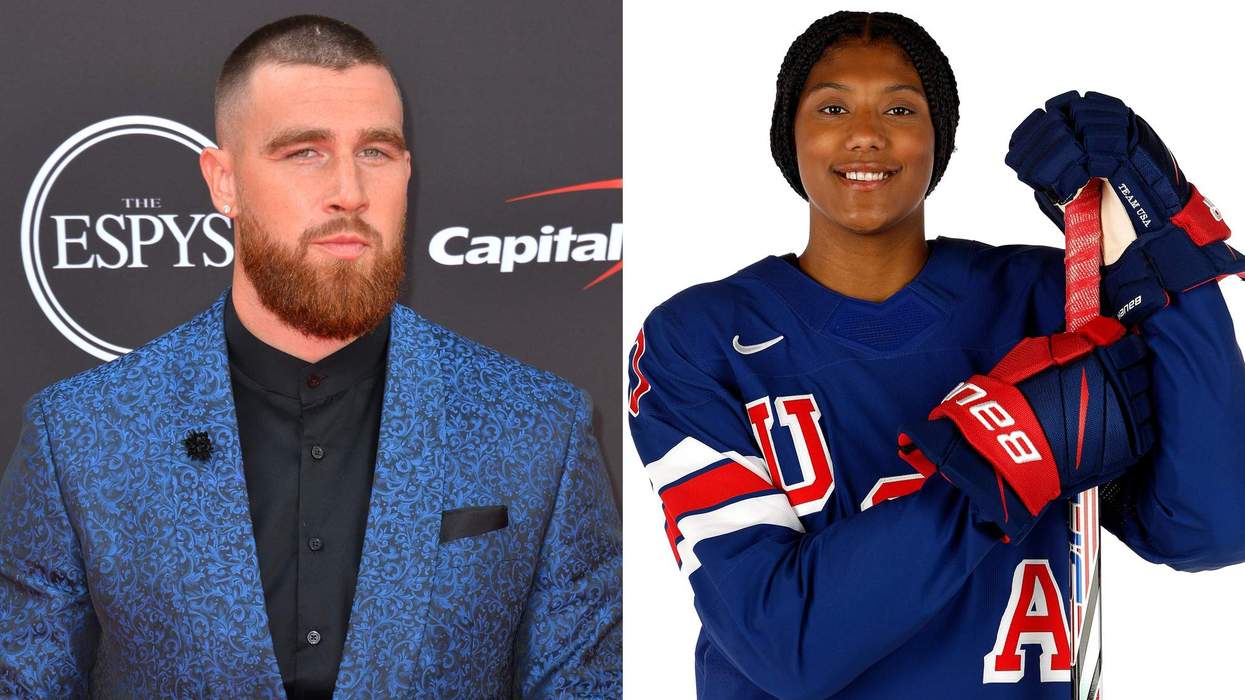

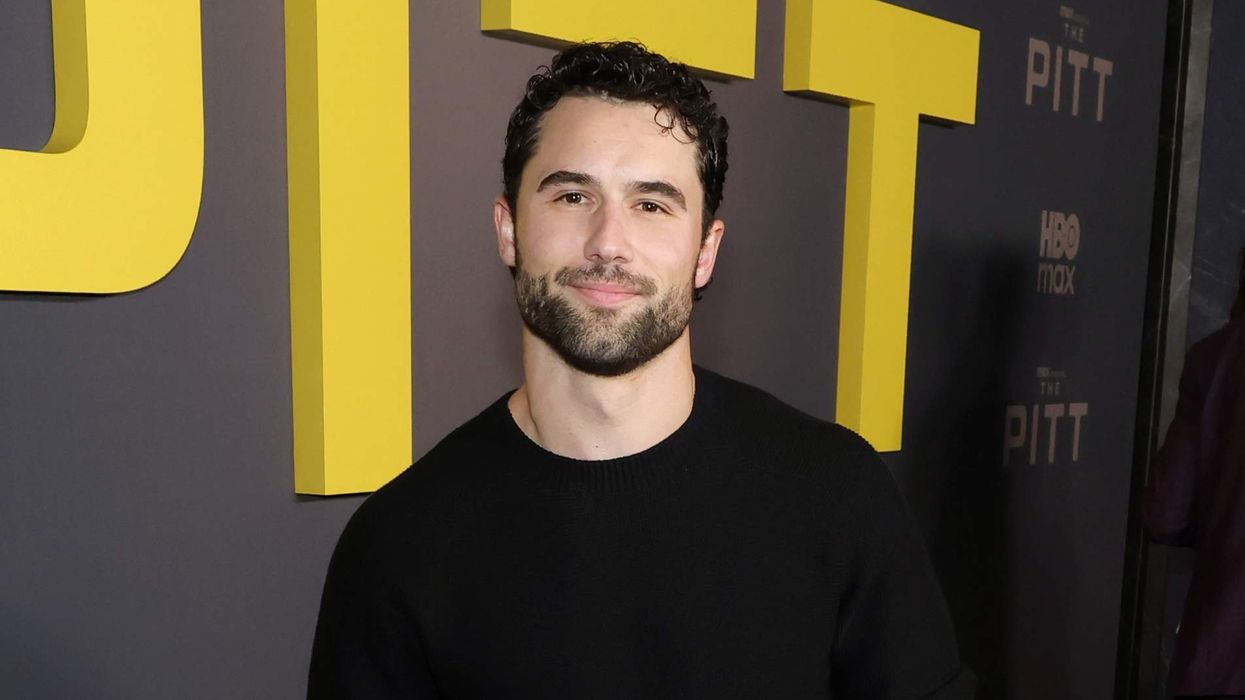
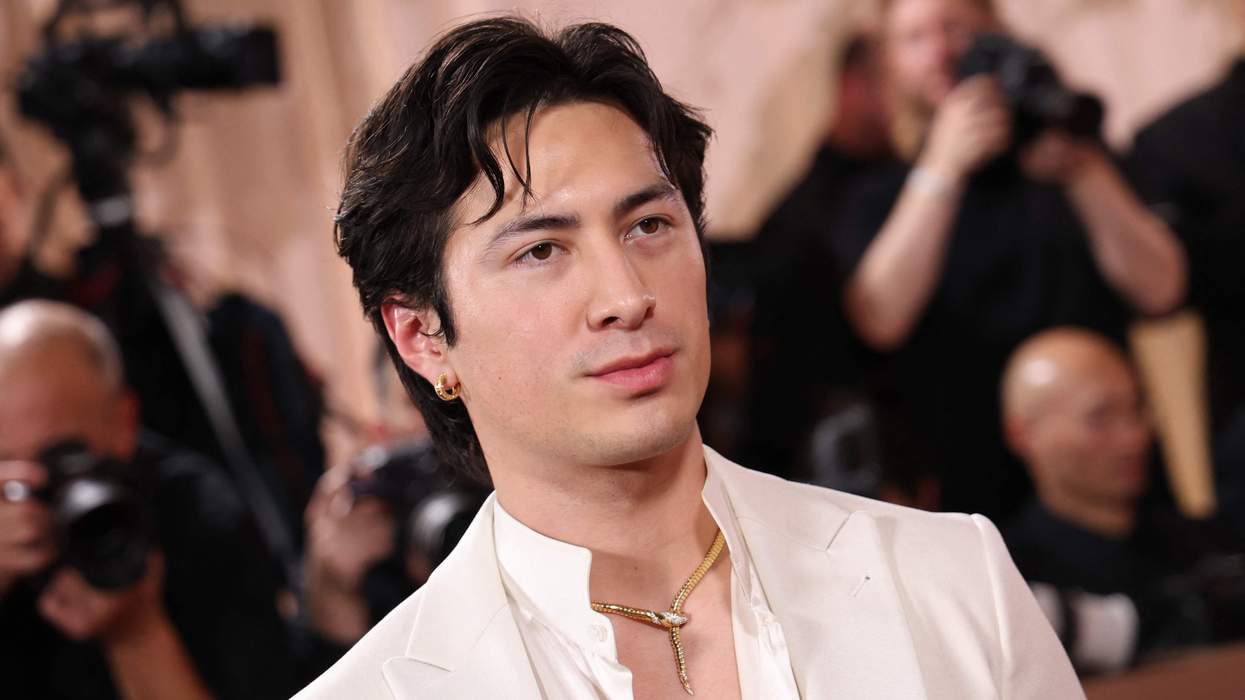

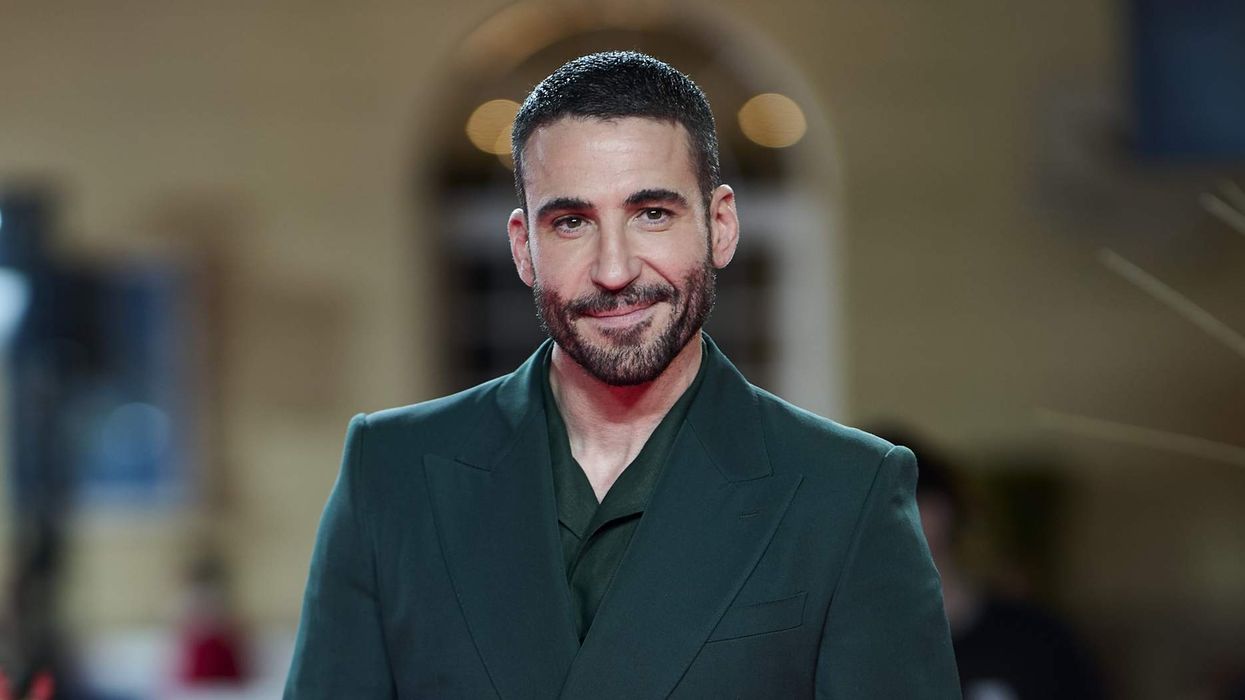
































 Cindy Ord/Getty Images
Cindy Ord/Getty Images























